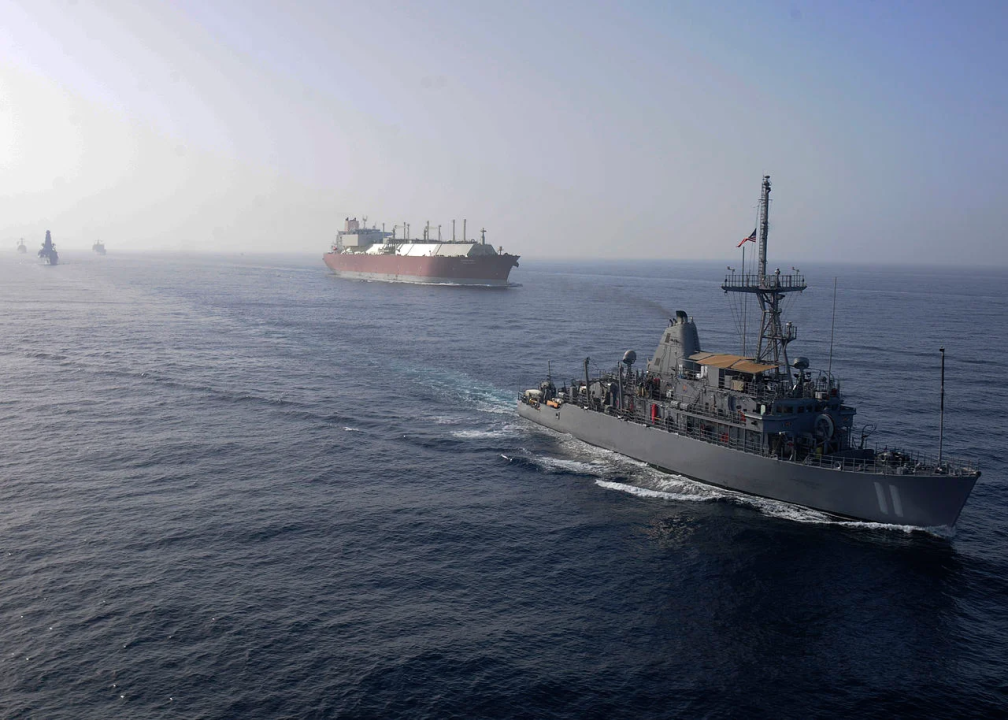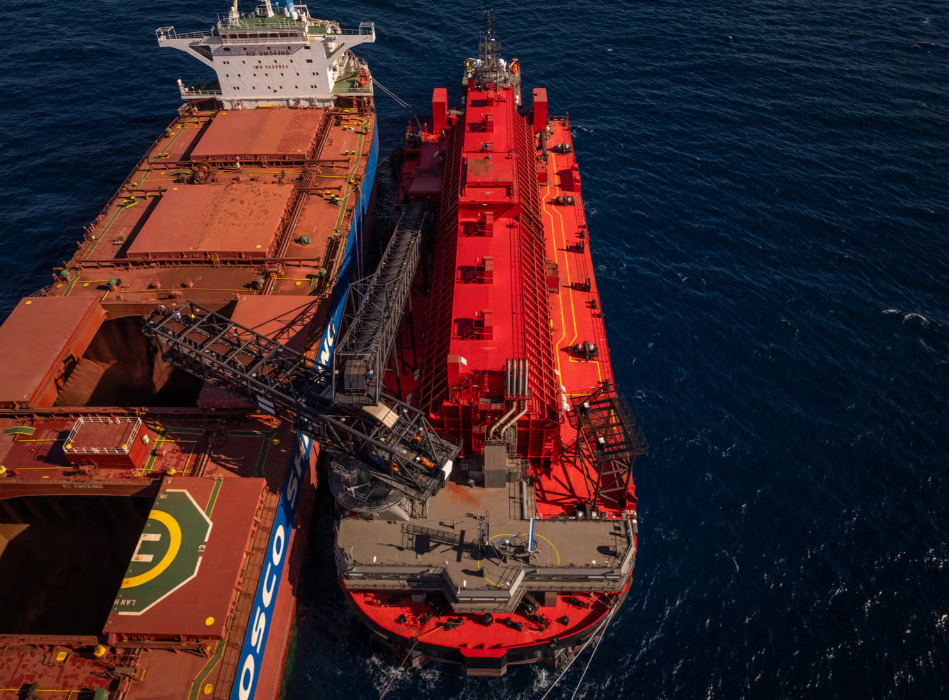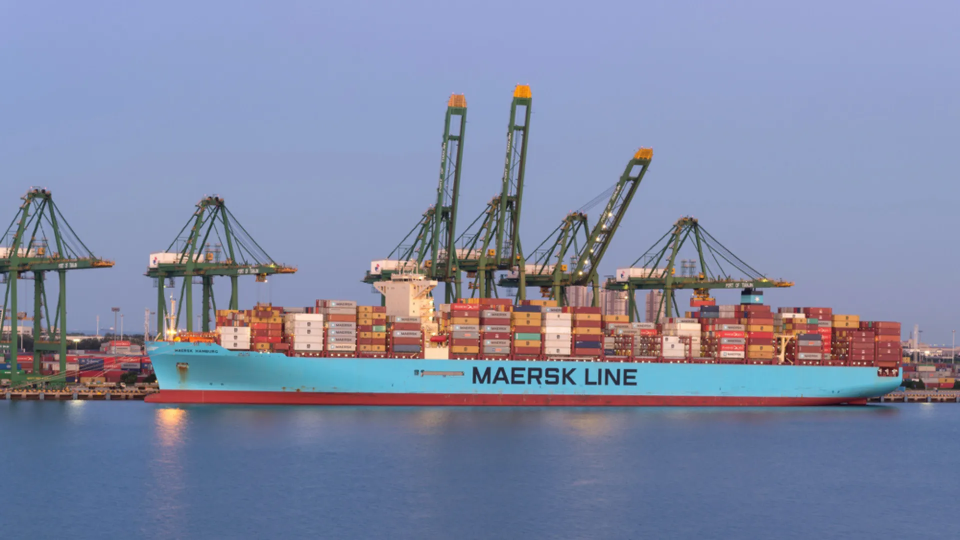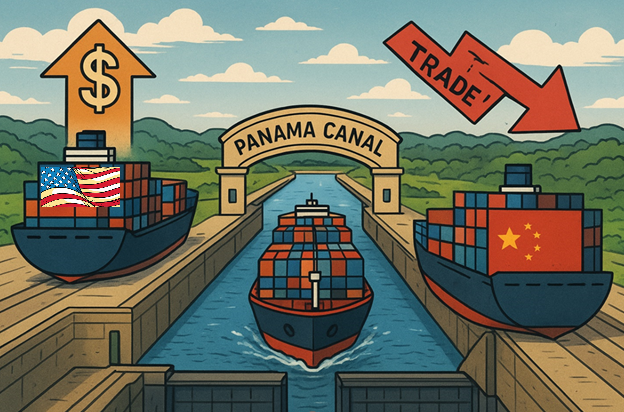The Red Sea, a vital route for global trade, finds itself amid escalating tensions due to relentless attacks by Houthi militants, jeopardizing the stability of international trade routes. In response, U.S. Defense Secretary Lloyd Austin has unveiled a new military effort in the Middle East: Operation Prosperity Guardian. This operation aims to unite a coalition of nations to safeguard the perilous waters of the Red Sea, northern Arabian Sea, and western Indian Ocean from the surprisingly sophisticated attacks by Iran-sponsored terrorists from the Houthi rebellion in Yemen.
Recent Houthi assaults on merchant ships utilizing drones, ballistic missiles, and commando operations via helicopters and speedboats have been on the rise. A video released by the Houthi showcases these well-equipped teams moving with military precision.
Appropriately named, this new mission is designed to protect 15% of global maritime traffic passing through the region. Leading this effort is the U.S. Navy through Task Force 153, an anti-piracy flotilla based in Bahrain. A robust group of nations has joined forces so far: regional states Bahrain and Seychelles, alongside NATO members Canada, France, Italy, the Netherlands, Norway, Spain, and the United Kingdom. Additionally, nearly 40 countries are part of Task Force 153, with more potentially joining Operation Prosperity Guardian soon.
In recent weeks, incidents of attacks or seizures against ships in the Red Sea and surrounding areas have surged. Industry operators, like shipping companies, are announcing alternative routes to bypass the strait. Furthermore, in recent days, the cost of shipping goods through the Red Sea has surged significantly. Market estimates on Monday revealed a drastic rise in war risk premiums, soaring from approximately 0.07% in early December to a striking 0.5%-0.7% of a ship’s value. Despite potential discounts, this surge implies tens of thousands of dollars in additional costs for a typical seven-day voyage.
Unfortunately, tensions and attacks are expected to escalate, largely at the behest of the Iranian theocracy. The Houthi are equipped, organized, trained, and emboldened by Tehran. While they claim their attacks are in response to Israeli counterattacks on Hamas in Gaza, a more probable explanation is their search for vulnerabilities to prepare for future Iranian assaults against Western interests. These attacks could likely inflate oil prices, benefiting Iranians, and potentially increase Western pressure on Israel to curb its Gaza strikes.
A crucial consideration for Operation Prosperity Guardian is a fully integrated intelligence framework, given the vast maritime space to be covered. Even with 20 warships patrolling, ensuring safe passage for merchant vessels in this area would remain challenging.
The key should lie in extensive area surveillance achievable through satellite data and long-endurance drones, tools most involved nations operate. However, the critical aspect will be coordination among the coalition partners, funneling all this data into the task force’s command center, likely situated at the U.S. Fifth Fleet headquarters in Manama, Bahrain—an advanced facility equipped not just with drone and satellite intelligence capabilities but also human intelligence, cellphone monitoring, open-source analysis, and numerous allied data streams.
Efforts should intensify to expand the circle of allies and partners. While Saudi Arabia isn’t officially associated with Operation Prosperity Guardian yet, its extensive network of naval bases in the Red Sea could be pivotal. The United Arab Emirates, currently uninvolved, possesses capable warships and robust intelligence-gathering capabilities. However, the Gulf nations differ in their approaches to tackling the Houthi issue, with the UAE advocating decisive military action against the rebels while Riyadh seeks a more measured approach. It is crucial to convince them to set aside this dispute and address the immediate crisis.
Additionally, direct involvement from the European Union in the task force, given its active anti-piracy mission—Operation Atalanta—since 2008, is plausible.
As previously mentioned, the ongoing situation prompts shipping companies to reroute their vessels for safety, to avoid missile attacks. The impact of these diversions is substantial, with an estimated 50% of the global container shipping market under companies opting for this new route. Prolonged decisions of this nature could significantly affect consumer goods supplies, especially in anticipation of the Chinese New Year, causing delivery delays and escalating costs for end consumers.
A recent development includes the Danish maritime giant, Maersk, promptly reacting to the escalating security situation in the Red Sea by rerouting all ships initially slated to navigate the region. Instead of traversing the Red Sea, these vessels will now take an alternative route around Africa, passing through the Cape of Good Hope. Maersk stated that this decision aimed to ensure the safety of crew, ships, and onboard cargo for their customers. It emphasized closely monitoring developments and evaluating available information before taking this step. Once operationally feasible, the vessels will continue their journey along alternative routes. For future ships planned to cross the area, Maersk asserts it will conduct a case-by-case assessment to determine if adjustments, including alternative routes via the Cape of Good Hope and other contingency measures, are necessary.

Maersk further announced, “While we remain confident that a solution enabling the resumption of the use of the Suez Canal and transit through the Red Sea and Gulf of Aden will be introduced shortly, it is currently challenging to determine the exact timeframe. Hence, diverting ships via the Cape of Good Hope offers a faster and more predictable outcome for customers and their supply chains.” Maersk acknowledges the potential impact on logistical operations but assures customers that all decisions were carefully assessed and implemented with safety as the utmost priority. Maersk’s decision arrives as an increasing number of vessels seem to opt for longer routes to bypass the Red Sea. Up until Monday, at least ten major shipping companies and charterers had announced the suspension of voyages in the Red Sea until further notice.
In summary, Operation Prosperity Guardian, despite its initiation, grapples with uncertainties regarding operational specifics and the engagement of nations in the Task Force. Despite efforts to protect maritime routes, continuous international cooperation and joint commitment are evident necessities to ensure the safety of global navigation routes. The operation marks a significant step in safeguarding international trade and navigation in the Red Sea. However, its impact hinges on sustained collaboration and dedication from the involved nations in preserving global maritime security. Countering well-equipped and armed Houthi forces guided by Iran will be challenging. However, Operation Prosperity Guardian, drawing lessons from Somali counter-piracy efforts and adapting them to combat new threats, represents a step in the right direction to come back to safe sailing.






